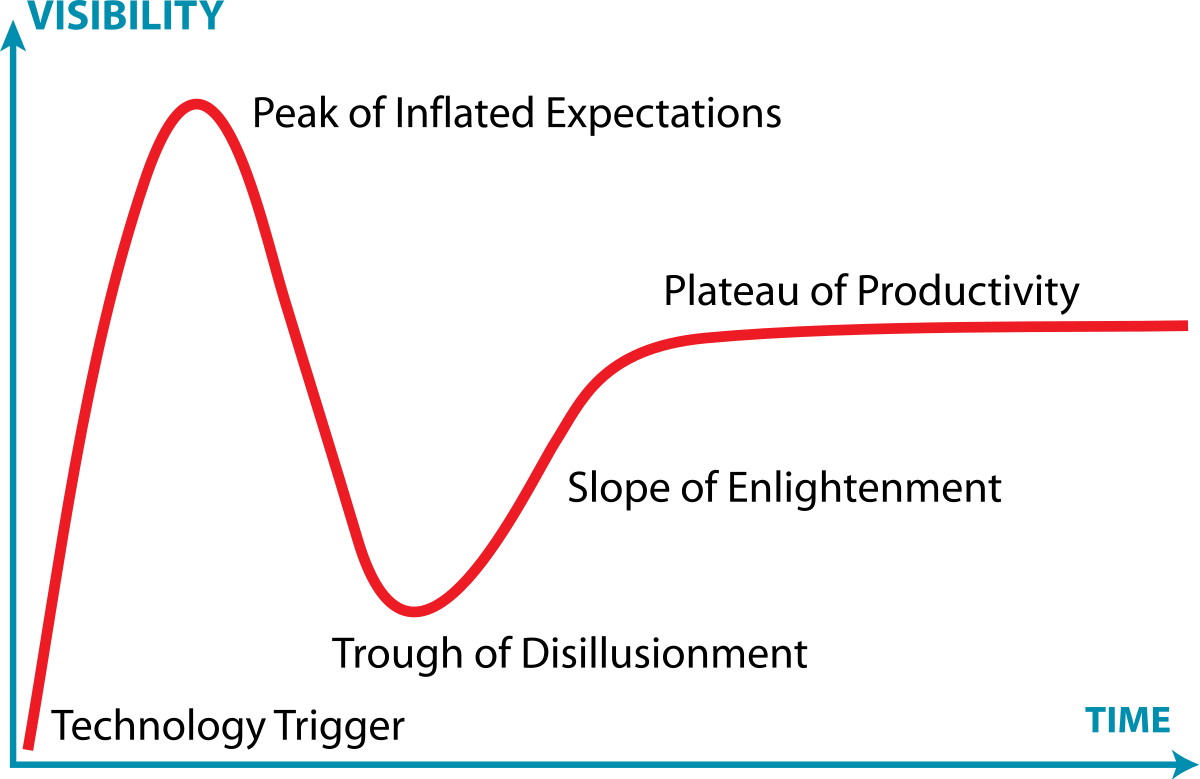FHIR report for December 2017 + 2017 in Review
December: A quiet month all around, mostly because of ballot preparation.
Events
December was a quiet month for events:- FHIR Applications Round Table, New Orleans Dec 5/6 (I didn't attend, and didn't get any reports of outcomes, sorry)
- An informal meeting about bulk data access (see below for report).
Community Growth
Nothing to report, but watch for reports of new initiatives in next month's report.
Foundation / FHIR Registry
Nothing to report for the FHIR foundation - main focus is preparing for the New Orleans WGM next month - watch for registry roll-out processes at the New Orleans meeting.
Ballot
The main reason that there is not much to report for December is that most of the community was heads down preparing for the first draft for comment ballot of R4. This is a significant ballot for R4 - the introduction of normative content, and required lots of preparation - see the product manager blog
Community Consultation
Note that the ballot announcement linked to above includes some community consultations around breaking changes to the conformance resources as we prepare for normative.
Connectathon Planning
For the upcoming connectathon in New Orleans, we welcome Sandy Vance who is going to perform the role of the connectathon manager. She'll be helping us make the connectathon a more rewarding experience for all participants, especially first timers. I'll look forward to reporting on the outcomes from this for the next meeting.
btw, the report for next month will be a few days late, and will be written at the conclusion of the New Orleans WGM.
Bulk Data Meeting
Boston Children's Hospital hosted an invitation only meeting to discuss ONC's request that the EHR vendors provide bulk data access using new features in the FHIR API. (nd-json, async pattern, and back-end services authentication).
The meeting was focused around the community and business issues associated with the idea - why is it a good idea, who would use it, what kind of data would be available, what are the business arrangements around it, and who pays for it?
There were some answers to some of these things, though it's still not clear how data availability should be administered, and whether institutions will provide this kind of access to their data.
We will still be trialling the bulk data API at the New Orleans Connectathon, but there may be additional changes around access/administration as the business level discussions progress further.
Year in review
I've seen a lot of feeling in the (social) media/press that 2017 was an Annus Horribilis - but for the FHIR community, I think we've had a good year. The best way to describe our overall progress is in terms of the FHIR hype cycle:

People often ask about where we are on this hype cycle. I think that you can only ever figure this out retrospectively, but I did ask the audience of the FHIR DevDays in Amsterdam where they thought we are, and had a spread of views from trigger -> peak -> trough. This is new - audiences have generally felt that we were early in the cycle before.
I think that the really significant thing about the FHIR community and standard this year has been that we have consolidated the fundamentals:
- A well written / tested / reviewed standard
- Solid supporting implementation and adoption tools
- An active social community that provides meaningful help when people need it
No, things are not perfect - there's still a huge amount to do. But this year we've published R3, seen a variety of national programs go live with R2/R3 implementations, bedded down an IG publishing infrastructure, and seen a variety of the tools we provide - validation, reference implementations - move firmly into production without any reports of disasters from the technology itself - something of significance for what is still new technology.
And most of all: we aren't sitting on our hype laurels, assuming that we're somehow magically exempt from the trough of disillusionment. People will become disillusioned - health is a hard problem. But if we have the fundamentals in place, we'll get to the plateau of enlightenment.
